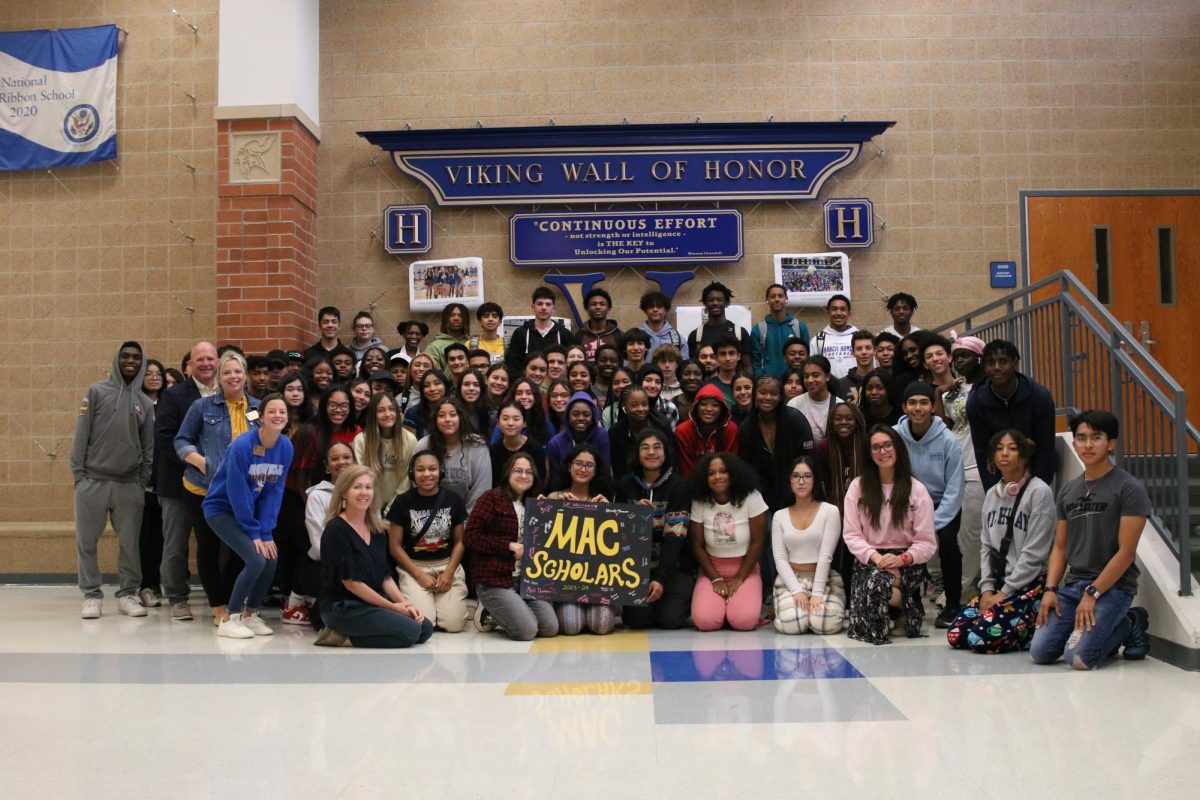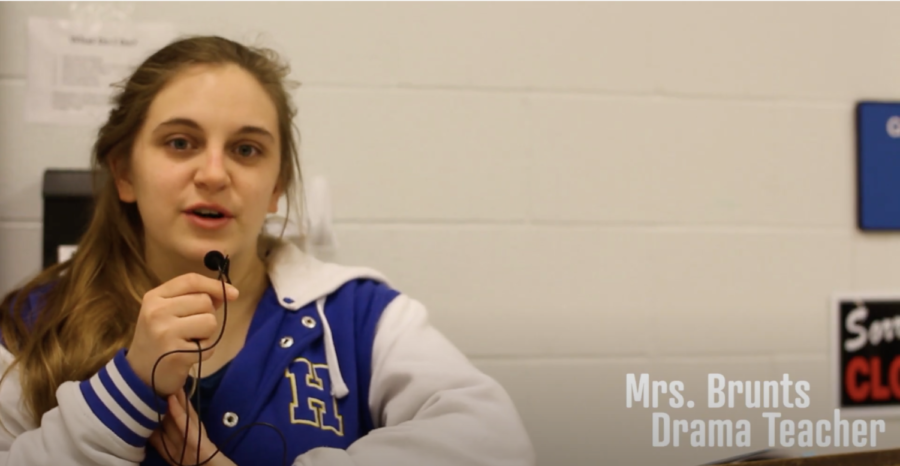College How-to: Where to Start
The college search can be a daunting process, especially if you’re unsure of where to start. Additionally, starting this process early can reduce stress later on. I, for one, began visiting prospective colleges as early as my junior year, and it still didn’t feel like enough time. So here’s some tips to kick off your college search in the right direction.
- Figure out what you want. This is very important. Wherever you end up, it is vital that you’re comfortable. For starters, think about school size. Do you want to know everyone you see as you walk across campus, or do you prefer a sea of unknown faces? Included in school size should be class size and learning environment. Large colleges don’t always have giant classes with a hundred other students and one professor. By the same token, small colleges may not have itty bitty classes. The magic number is the student-to-teacher ratio: this will give you a pretty good idea about class sizes at a particular school. Another important aspect to think about as you begin looking for a college is how far you want to be from home. Do you want to go home on the weekends, or relocate across the country? Deciding on a location can drastically narrow the number of schools you’re potentially looking at. I highly recommend the College Board website and their College Search tool. This tool allows you to put in a range of preferences (from type of school to location to extracurriculars available), and creates a list of schools based on what you want. While College Search will not give you everything you need to know about a school to make an informed decision, it’s a great place to start the process.
- Attend a college fair. Saint Louis University holds a large college fair every fall. These events are great because you can essentially “sample” a bunch of different schools at once by talking to the admissions counselors and asking direct questions.
- Sign up for mailing lists. Yes, that pile of college mail that will build up on your kitchen counter, or in your email inbox, will eventually seem unruly and even annoying. However, these pamphlets and emails can alert you to events going on at these campuses, application deadlines, and basic information, so don’t dismiss them as junk. Additionally, you can use these contacts to gauge a college’s interest in you. If a school fills up your mailbox every other day, they want you to apply.
- Do your research. Extensive research is key. This college will be your home for four years and will prepare you for the workforce. So, you should want to know everything about that place before you move in. Start by scouring their websites and compare what you’re looking for with what the school has. However, spending an hour taking a virtual tour of all the residence halls. Instead, focus your research on academics. After all, you’re attending college to get an excellent education.
- Visit. This is hands down the best way to determine whether a college will be a good fit for you. I mean it. From my experience, it’s all about feel. Every college campus has a unique vibe, something you’ll never get from the website. After visiting your schools, you’ll know which ones feel right.
Relax. Don’t panic. The quest for the perfect college may seem overwhelming right now, but you have plenty of time and plenty of resources to help you make the best possible decision. Happy hunting.



































